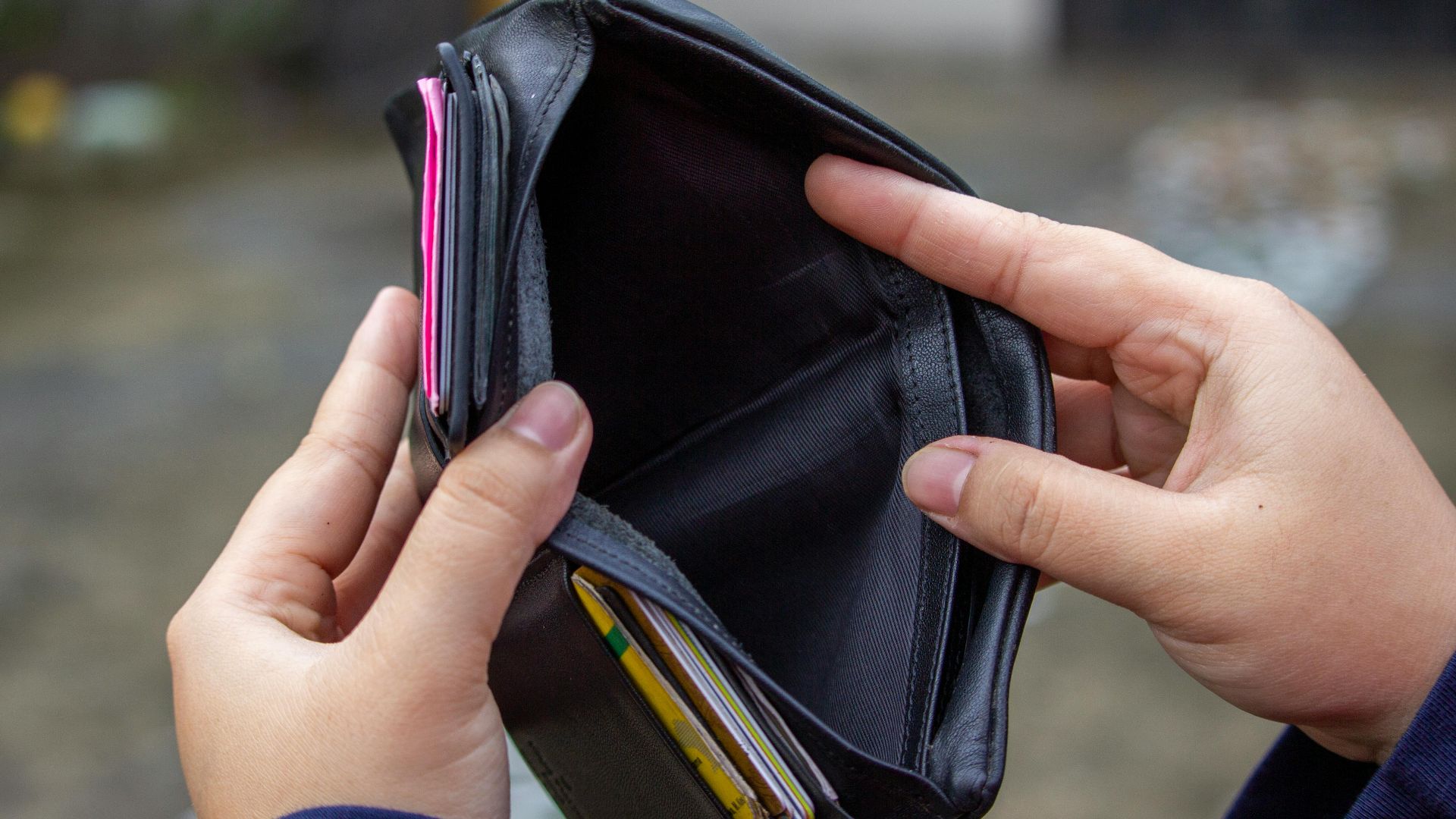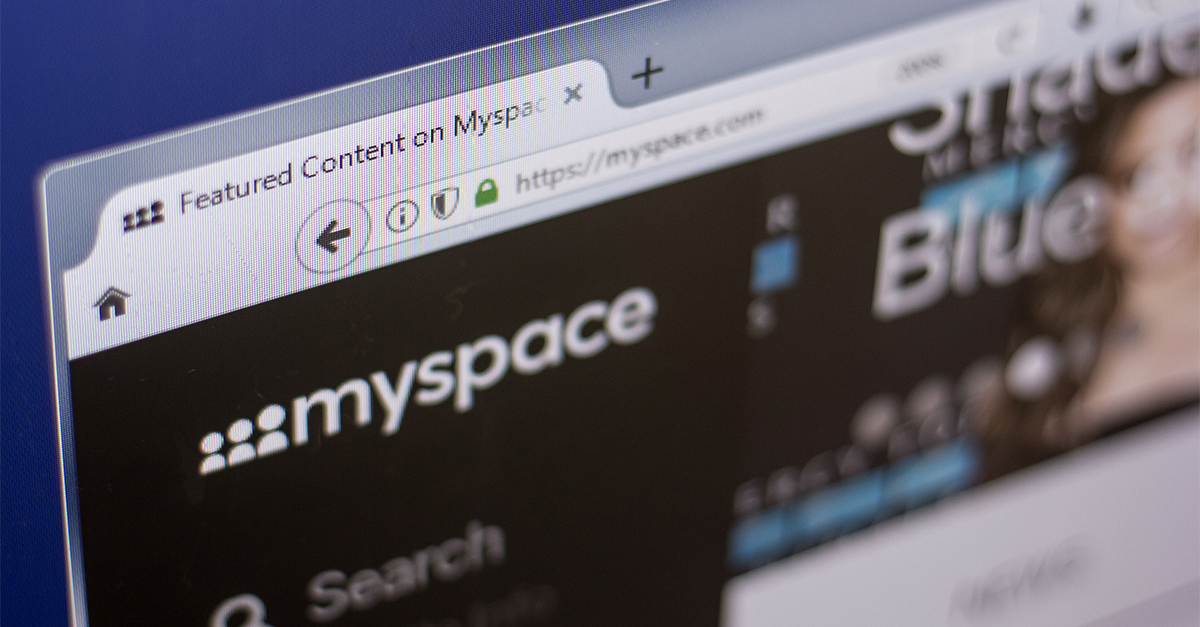A $60,000 Lesson That You Won't Want To Learn Twice
Buying a $60,000 truck with long-term financing can feel like riding high—until the numbers start crunching. Let’s break it down in 20 slides to help you understand where you stand, what to think about, and how to course-correct if needed. Spoiler: you’re probably not doomed, but you do have work to do.

Let’s Do The Math: What Does This Loan Actually Cost?
At 11% interest over 9 years, a $60K truck will cost you a lot more than $60K. Your monthly payment is roughly $840, and by the end, you’ll have shelled out over $90,000 total. That’s more than $30K in interest alone—enough to buy a second (used!) car. Still feel like a win? Awareness is step one to making smarter money decisions from here on out.
Why Did You Choose A 9-Year Loan?
Longer loans come with lower monthly payments, but they’re also debt traps. You end up paying way more over time. Was the 9-year term a strategy to stay within a budget—or a way to justify a truck that’s just too expensive? No shame—this is about understanding your motives and being real with yourself, so you can decide how to handle it going forward.
Is The Truck A Need Or A Want?
Do you use this truck to haul equipment every day or commute to a construction site? Or was it more of a dream ride you’ve always wanted? If it’s essential for work, you might chalk it up as a cost of doing business. But if it’s purely lifestyle, it’s worth asking: was this the right time and financing method for that kind of purchase?
How’s The Rest Of Your Financial Life Looking?
Are you still able to build savings? Cover emergencies? Pay your other bills comfortably? The truck might not be a huge deal if the rest of your financial picture is solid. But if you're living paycheck to paycheck or skipping savings, it’s time to reassess. A big purchase is only as damaging as the stress it puts on your broader financial ecosystem.
 Photo By: Kaboompics.com, Pexels
Photo By: Kaboompics.com, Pexels
What’s Your Credit Score Telling You?
An 11% interest rate is steep, even by today’s standards. Was your credit score holding you back from a better rate, or did the dealer just stick you with a bad deal? Either way, understanding your credit can help you plan ahead—especially if refinancing is an option in the future. Pull your credit report and see what’s up; knowledge is leverage.
Can You Refinance Later?
Refinancing could be your lifeline here. If your credit improves or interest rates drop, refinancing in a year or two could cut your rate and monthly payment significantly. That could save you thousands over the life of the loan. Mark your calendar to check back in 12–18 months. It’s a simple way to course-correct without ditching the truck entirely.
Are You Driving More Than The Truck Is Worth?
Vehicles are depreciating assets. That $60K truck might be worth just $35K after a few years—while your loan balance could still be in the $50K range. That means you’re upside down, which can make selling, trading, or even getting out of a jam really tricky. Keep an eye on your loan-to-value ratio and think twice before rolling over that debt.
Insurance and Maintenance—Did You Budget For That?
High-end trucks = higher insurance premiums. Add in fuel (especially if it’s a gas guzzler), oil changes, tires, and maintenance costs, and you might be spending $1,200 or more each month. Did you account for that when calculating your budget? Many buyers focus just on the loan payment and get blindsided by the true cost of ownership. Don’t be that person.
Are You Robbing Your Future To Drive Today?
Here’s the tough love: every dollar going toward a high-interest truck loan is a dollar not going toward your emergency fund, retirement account, or future home. Are you mortgaging your future comfort for current coolness? It’s not about guilt—it’s about making sure your big buy isn’t quietly derailing your long-term financial goals.
Do You Feel Financially Strained Already?
Even if you’re technically making the payment, do you feel pinched? Stressing at the end of every month? Avoiding looking at your bank balance? That’s a sign the loan might be unsustainable. Being “able” to pay isn’t the same as being comfortable.
Selling The Truck: Is That An Option?
If the numbers don’t add up, don’t rule out selling the truck. Even if you’re upside down on the loan, it might still be cheaper in the long run to eat a few thousand in losses than to keep a loan that bleeds you dry for nearly a decade. The sooner you act, the smaller that gap usually is. It’s not failure—it’s strategy.
Making Extra Payments Can Save You Thousands
This is one of the smartest moves you can make. Toss even $100 extra each month toward your loan principal, and you’ll shave years off the term and thousands off the interest. Just make sure your lender applies it to the principal, not just future payments. Little snowballs add up fast when it comes to debt.
What Would Happen If You Lost Your Job?
This isn’t a fun thought, but it’s an essential one. Could you make the payment if your income took a hit? Do you have a safety net—emergency fund, partner income, side hustle? If losing your job would instantly put you in default, that truck might be too risky a ride. Build in a plan B now before you actually need it.
Do You Have A Side Hustle Or Gig Income?
Can you turn your truck into a money-maker? Hauling, towing, or delivery gigs could help offset the cost—and give you a business write-off. If you’ve got time, monetizing the truck even a little can change its financial impact. Every dollar it brings in is a dollar that reduces the weight of your monthly payments.
Cut Expenses Elsewhere To Balance Things Out
Look at your full budget—streaming subscriptions, takeout, convenience splurges—and see where you can trim fat. Cutting $200/month in other areas frees up cash to pay down your truck or boost your savings. The goal isn’t to suffer, but to realign your spending so that your big-ticket item doesn’t sink the whole ship.
 Photo By: Kaboompics.com, Pexels
Photo By: Kaboompics.com, Pexels
Avoid Taking On More Debt Right Now
This is not the time to finance a new TV or take out a credit card for that dream vacation. Your debt-to-income ratio is already high, and piling on more debt will only increase your risk—and reduce your financial flexibility. Stay focused, stay lean, and don’t let this truck be the beginning of a debt snowball.
 Photo By: Kaboompics.com, Pexels
Photo By: Kaboompics.com, Pexels
Track Every Dollar For The Next 3 Months
Download a budgeting app or fire up a spreadsheet and track everything. You’ll be shocked where your money actually goes. Knowing your habits helps you take control and find opportunities to reallocate funds toward your loan or savings goals. Financial clarity is the first step to financial control—and peace of mind.
 Photo By: Kaboompics.com, Pexels
Photo By: Kaboompics.com, Pexels
Talk To A Financial Coach Or Advisor
Sometimes you just need a second set of eyes. A finance coach may help you come up with a new game plan to tackle your debt, or at least offer you a pathway forward that looks a little rosier than the one you're on right now. Many banks and nonprofit groups even offer free sessions. Don’t be afraid to ask for help—you’re not alone.
Forgive Yourself—Then Get Focused
Buying the truck may not have been your smartest financial move—but that doesn’t make you a failure. We’ve all made money choices that look different in the rearview mirror. What matters most is how you respond. Get strategic, get honest, and put your energy into fixing, not fretting. You’ve got this.
Did You Wreck Your Finances?
Not necessarily. You made a big decision with long-term consequences—but this doesn't have to be a financial disaster. It’s a challenge, sure, but one you can manage. Your finances might need a tune-up, but they’re not totaled. Let this be your wake-up call—and your comeback story.
You May Also Like:
Rare Coins Still Circulating That Are Worth Thousands
Vintage Sewing Machines That Are Worth Big Bucks Today
Gen-Z's Parents Make Fun Of Them For These "Frugal" Habits, But They Work























